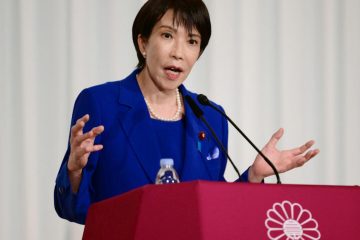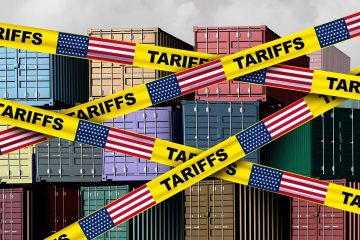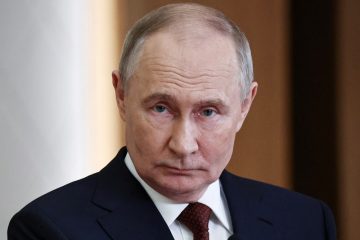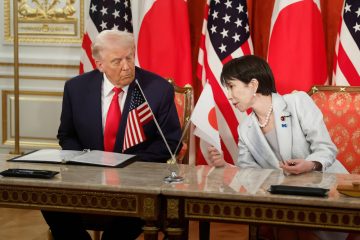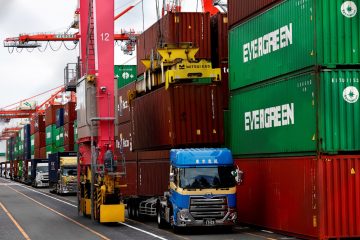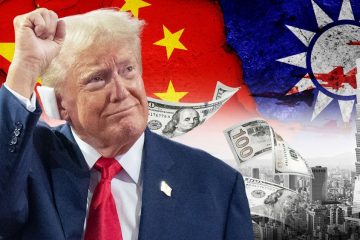What happens next after Bolsonaro’s trial for coup plot

A panel of Brazil Supreme Court justices unanimously ruled that former President Jair Bolsonaro and seven of his associates will stand trial on five counts, including attempting to stage a coup after the far-right leader lost the 2022 election. The panel will assess current evidence, possibly collect new evidence, and listen to testimonies. Legal experts estimate that Bolsonaro could face a sentence of up to 40 years in prison; however, his actual time served, if convicted, would likely be shorter due to procedural factors.
Bolsonaro will face trial for attempting to stage a coup, involvement in an armed criminal organization, attempted violent abolition of democratic rule, violent damage and serious threats against state assets, and deterioration of listed heritage. A five-justice panel of Brazil’s Supreme Court ruled based on the indictment by Prosecutor-General Paulo Gonet. A federal police investigation formally accused Bolsonaro of leading a criminal organization that has been active since at least 2021. Gonet accused Bolsonaro of backing a plan that purportedly involved poisoning his successor, current President Luiz Inácio Lula da Silva, and assassinating Supreme Court Justice Alexandre de Moraes.
Elosa Machado, a law professor at the Fundacao Getulio Vargas university in Sao Paulo, stated that the evidentiary phase of the criminal case, which encompasses defendant interrogations, witness testimony, and additional procedures like expert examinations, is set to begin. Auxiliary judges will conduct many of those procedures. “Then, the rapporteur prepares a report and requests a trial date,” Machado said. Following this stage, prosecutors and defense attorneys will deliver their closing arguments before the court decides on acquittal or conviction. Bolsonaro’s defense team requested that the case be sent to the full Supreme Court rather than just the 5-justice panel, which could delay a ruling until 2026 as all 11 justices would weigh in on the matter. The request was harshly denied.
Brazil’s top court is utilizing one of its two permanent 5-justice panels to put Bolsonaro on trial. None of the five were appointed by Bolsonaro. Justice de Moraes, as rapporteur of the case, presented the charges to the court on which he serves. The other four justices are Carmen Lucia, known for her strict stance on criminal cases; Cristiano Zanin, the panel’s chairman and Lula’s attorney from 2013 to 2023; Flvio Dino, appointed by the leftist president in 2023 after his tenure as justice minister; and Luiz Fux, who served as chief justice from 2020 to 2022 and is regarded as a moderate.
Brazilian criminal law stipulates that arrests can only take place following a final, unappealable conviction. The Supreme Court of Brazil serves as the final appeals tribunal for criminal cases involving public authorities, holding ultimate jurisdiction over Bolsonaro’s case. If the former president takes any action that obstructs the court’s ability to issue its ruling, such as seeking refuge in an embassy, he may be arrested before the trial concludes.
Bolsonaro has been banned from running for office until 2030 due to abuse of power and undermining confidence in the country’s voting system. He denies any wrongdoing and asserts that he is the target of political persecution. “If I go to jail, I will give you a lot of work,” Bolsonaro said after the Supreme Court’s decision.
Lula was convicted of corruption and money laundering by low court judge Sergio Moro in 2017, with his sentence subsequently upheld by a panel of magistrates. He spent over a year and seven months in prison and was released after the Supreme Court altered its jurisprudence to prohibit jail time for any Brazilian until all appeals are exhausted.
In 2021, the court annulled Lula’s sentence, citing bias on the part of Moro. Moro resigned from his role as a federal judge to take on the position of justice minister under Bolsonaro. Michel Temer, who served as president from 2016 to 2018 following the impeachment of Dilma Rousseff, was acquitted by a federal court in 2024 in a case involving corruption and money laundering. In 2019, he faced a brief arrest due to allegations of benefiting from fraudulent contracts involving state-run Eletronuclear and the companies AF Consult Ltd and Engevix while serving as vice president. Fernando Collor, who served as president from 1990 until his impeachment in 1992, received a sentence of eight years and ten months in prison in 2023 for his involvement in a corruption scheme at the state-run BR Distribuidora. The Supreme Court upheld the sentence last year; however, Collor remains unincarcerated.
The inclusion of high-ranking military officials to stand trial in Brazil’s top court is unprecedented. The country’s transition from a military dictatorship to democracy in the 1980s was marked by a sweeping amnesty for military personnel. Four high-ranking military officials who served under Bolsonaro are set to stand trial. Former Defence Minister Paulo Srgio Nogueira; former Navy commander Almir Garnier Santos; retired Gen. Augusto Heleno, who led the Institutional Security Office; and retired Gen. Walter Braga Netto, who was Bolsonaro’s chief of staff and defence minister. “Four-star generals accused of plotting a coup are now likely to be convicted and punished under Brazil’s democratic legal system,” said Joo Roberto Martins Filho, a political science professor at the Federal University of Sao Carlos and former president of the Brazilian Association of Defence Studies. Those who attempt a military-backed coup and fail may encounter repercussions similar to what we are witnessing now. They may face imprisonment.



